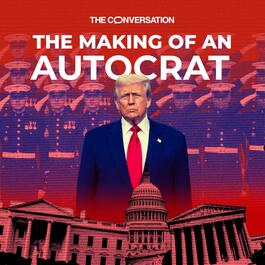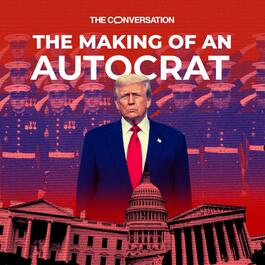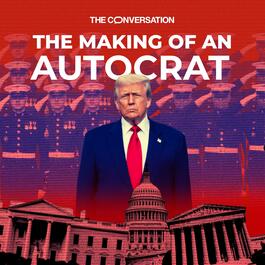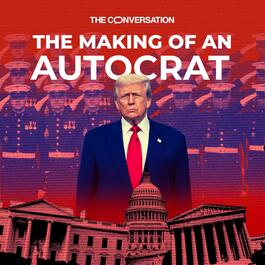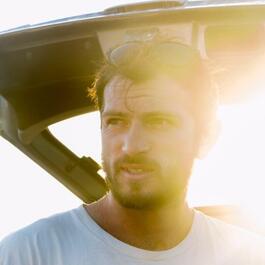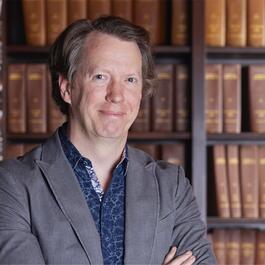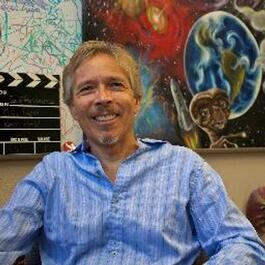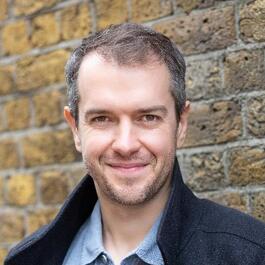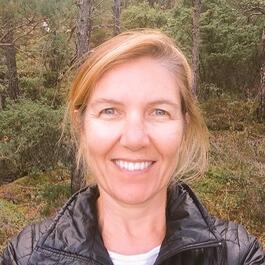
The Conversation Weekly
A show for curious minds, from The Conversation. Each week, host Gemma Ware speaks to an academic expert about a topic in the news to understand how we got here.
Show episodes
In democratic systems, the courts are a vital check on a leader’s power. They have the ability to overturn laws and, in Donald Trump’s case, the executive orders he has relied on to achieve his goals. Since taking office, Trump has targeted the judiciary with a vengeance. He has attacked what he has called “radical lef
Donald Trump has sounded the alarm, over and over again, that the United States is facing an “invasion” by dangerous gang members. He blames immigrants for the country’s economic problems and claims protesters are destroying US cities. Trump is not the first would-be autocrat to manufacture a crisis to seize extraordin
Every autocrat needs a clan of loyalists, strategists, masterminds – these are the figures behind the scenes pulling the strings. They’re unelected and unaccountable, yet they wield a huge amount of power. This is the role Stephen Miller has played for Donald Trump – he is the architect in chief for the second Trump ad
We used to have a pretty clear idea of what an autocrat was. History is full of examples: Adolf Hitler, Joseph Stalin, Mao Zedong, along with Vladimir Putin and Xi Jinping today. The list goes on. So, where does Donald Trump fit in? In this six-part podcast series, The Making of an Autocrat, we are asking six experts o
Is America watching its democracy unravel in real time? In The Making of an Autocrat from The Conversation, six of the world’s pre-eminant scholars reveal the recipe for authoritarian rule. From capturing a party, to controlling the military, Donald Trump is borrowing from the playbook of strongmen thoughout history. T
In the latest escalation of tensions between the US and Venezuela, the US President Donald Trump ordered a "complete blockade" of sanctioned oil tankers going into and out of Venezuela. His Venezuelan counterpart, Nicolás Maduro, called the move "warmongering threats", and accused the US of trying to steal its resource
